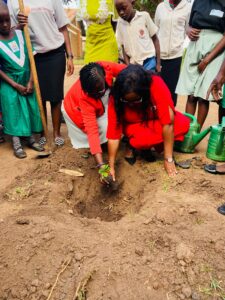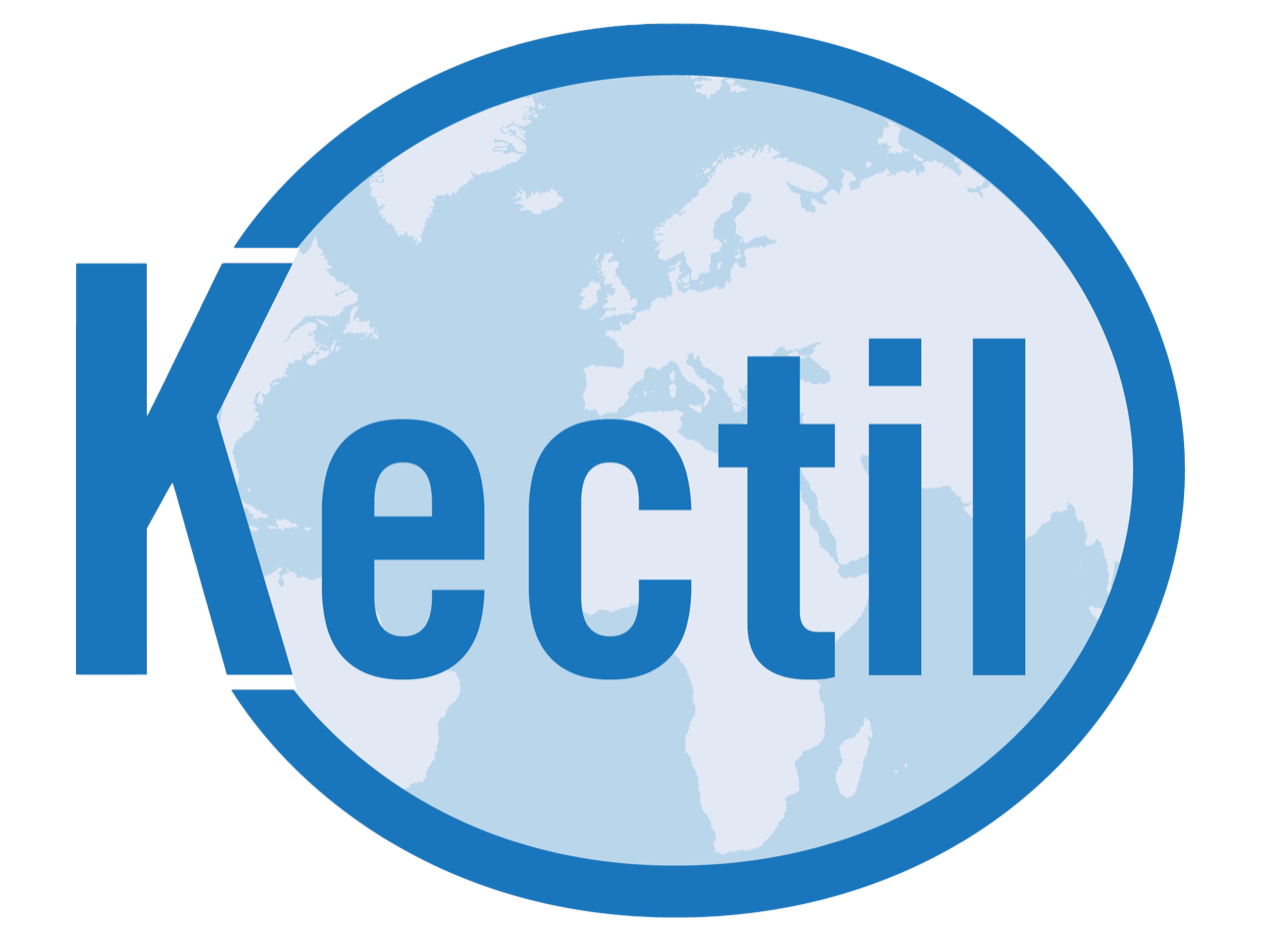In the quiet village of Kalaata, deep in Uganda’s Kassanda District, children as young as six
years old wake up each day, not with the excitement of learning, but with the dull ache of
hunger. Majority of their parents are migrant workers, surviving on less than UGX 50,000
($13) a month earned from casual labour. With limited access to land and lack of a stable
source of income, meeting even the most basic of needs: meals, school fees, clothing, and
medical care becomes a daily struggle.
In families with up to 10 children, the burden is unbearable. Children walk long distances to
school often on an empty stomach, spend eight hours in class, and return home having not
had anything to eat. Teachers report poor concentration, rising illness, and an increase in
school dropouts. Education, once a path to opportunity, now seems like just another
burden.
As a Kectil Leadership Fellow, I felt compelled to act. One of the most urgent needs I
identified was that at least 37% of children in Kassanda District go to school hungry. Among
the 45,145 primary school students, 60% sit through lessons, and play on empty stomachs.
That is more than a crisis; it is an injustice no child should endure.
Inspired by the endearing words of Dr. Martin Luther King Jr., “Everybody can be great,
because anybody can serve,” I realized that leadership begins with service, not status. That’s
when we launched No More Empty Plates, a declaration and commitment to end hunger in
schools in Kalaata.
To amplify our impact, we hosted a major community event under the theme:
“Promoting Food Security Through Sustainable School Gardening and Agricultural Skills.”
It was a celebration of youth-led change, uniting partners including the YALI Alumni Uganda
Chapter, U.S. Mission Uganda, Building Tomorrow Organisation Uganda, and other local
stakeholders from the community.
We were honoured to welcome Hon. Flavia Nabagabe, Woman MP for Kassanda District, as
our guest of honour. Thanks to generous support geared towards our mission, we secured
valuable resources for the schools including:
1. A maize thresher
2. A term’s supply of posho for Primary Four learners
3. Maize seeds for the next planting season
4. Watering cans, jerrycans, and hoes for our gardening clubs
We also planted trees together, each one symbolizing growth, resilience, and environmental
stewardship. But the most unforgettable moment? Watching children become teachers as
they showed their parents how to grow vegetables, practice urban farming, applying the
same skills they had learned. It was sustainability in action! In that moment, it was clear that
when children become educators, true transformation begins.
Through our team at Green Code, we are creating a sustainable solution by transforming
available school land into productive food gardens, working towards Sustainable
Development Goal (SDG) 2 (Zero Hunger), and contributing to SDG 4 (Quality Education). In
partnership with school administrators, teachers, and community leaders, we have
introduced school gardening clubs in Kalaata Primary School, St. Paul Kiryamenvu Primary
School and Katungulu Primary School. These gardens will not only provide daily meals to
students, but also equip them with agricultural skills that will empower them for life.
This initiative does more than fill stomachs. It transforms the lives of these learners, boosts
immunity, improves school attendance and classroom participation. These children no
longer see themselves as victims of poverty, but as change makers. Equipping children with
practical skills from such early ages will nurture them into confident, self-reliant, and
solution oriented young leaders ready to build their communities.
Dr. King reminds us that ‘Injustice anywhere is a threat to justice everywhere.’ Hunger in
the classroom is a silent injustice, stealing dreams before they are born, dimming lights
before they even have a chance to shine. By addressing this need through local, youth-led
action, we are restoring dignity and sowing seeds of justice and hope.
No More Empty Plates is more than a project. It is a response to the hunger crisis in Kalaata.
It is a whisper of hope. We are building a future where children will not have to choose
between education and hunger, where children will not have to silence the growls of their
stomachs, where children will not fail to attend school because they lack the energy to,
where Kalaata becomes a village buzzling with innovation from children whose dreams were
not stopped by empty plates, where smiles and dreams are so radiant, and where schools
are full of vibrant gardens planted by young children. We are not just watching, we are
working and bringing change.
Through Kectil, I am embracing leading with courage.
Through Dr. King, I am embodying leading with a conscience.
Through the children of Kalaata, I am upholding hope and servant leadership.
Through our supporters, I believe we will reach our vision.
Through this project, I am learning to lead with, and for impact.
Compiled by Asingya Collins, Uganda

